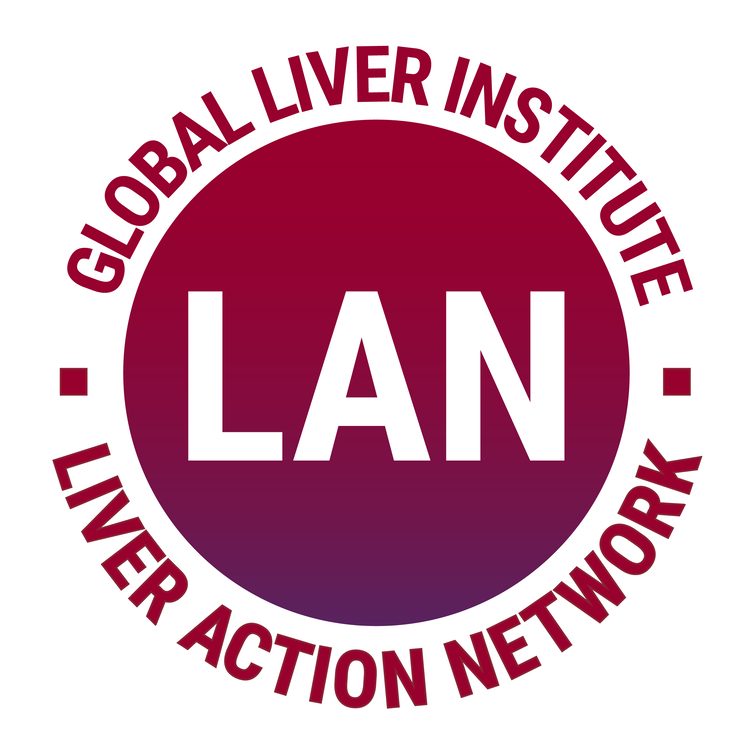

POLICY PERSPECTIVE
As a patient advocacy organization committed to improving the lives of all transplant recipients, Global Liver Institute (GLI) appreciates the continued leadership of medical experts, independently and together, during this ongoing public health crisis. With that said, we have serious concerns about the information provided to transplant patients regarding vaccination. We request a re-examination of positions on COVD-19 vaccination to patients and a more pronounced prioritization of solutions for transplant recipients, cancer patients, and all those with compromised immune systems.
It is cavalier and dismissive to simply state that it is not unexpected to have a low response since transplant recipients often do not respond well to vaccines—this was unexpected for many patients and often lost in the push to tout the high success rate in the general population. Severe COVID is not the only outcome that matters to patients; we want to avoid COVID-19 infection, “mild” disease and “long term COVID” as well.The stress of the continuation of mask and social distancing protocols for the transplant population while the rest of society is reopening and reuniting has not been acknowledged.
We would hope that future positions would more strongly state the need for an active resource and recruitment plan for research studies, prioritization of transplant patients for booster shots and their availability through transplant centers; and more information on, access to, and aggressive development of monoclonal antibodies and COVID-19 treatments. In other words, we want a clear answer to the question, “What is the plan to keep us safe and allow us to rejoin society?”
Transplant recipients are more at risk of severe health consequences from COVID-19 due to their immunosuppression to avoid organ rejection and often their underlying health conditions. With just 39,000 transplants performed in 2020, transplant recipients are a relatively small and identifiable group that is already well-connected to health systems, making transplant recipients prime candidates for achieving vaccination goals efficiently. This point is only underlined when we acknowledge the concerns about the vaccines’ effectiveness in the transplant community.
While the three COVID-19 vaccines—Pfizer, Moderna, and Johnson & Johnson—have been proven safe and effective in the general population, there is a gap in understanding in how the vaccine behaves in transplant recipients due to a lack of representation in COVID-19 vaccine clinical trials.
We acknowledge that initial trials of any vaccine are conducted in healthy, immunocompetent adults. However, the World Health Organization (WHO) advises that after protective effects are established in healthy populations, later phases of the vaccine trial should recruit participants vulnerable to the disease.
The Johns Hopkins University School of Medicine launched the National Vaccine Research Study for Transplant Recipients with the goal of examining levels of COVID-19 antibodies in organ transplant recipients who have received the COVID-19 vaccines. An initial release from Johns Hopkins demonstrated that Moderna and Pfizer messenger RNA (mRNA) vaccines are safe for organ transplant patients. The study found that the occurrences of systemic adverse reactions, such as fever and chills, were very low and similar to those seen in the general population. The study also found, importantly, that organ rejection did not occur in any of the participants.
On March 15, findings showed that among 436 participants who had received organ transplants in recent years and were getting the Pfizer or Moderna vaccines, only 17% had developed antibodies against COVID-19 a few weeks after the first dose. This indicates poor antibody responses in transplant recipients after the first dose of mRNA vaccines, suggesting that they remain at higher early risk for COVID-19 despite vaccination.
On May 5, this point was only underlined with the release of more findings from this study. The research suggested that many transplant recipients may not get protection from vaccination, even after two doses. Of the 658 participants, 98 (15%) had measurable antibody response after dose 1 and dose 2; 301 (46%) had no antibody response after dose 1 or dose 2; and 259 (39%) had no antibody response after dose 1 but subsequent antibody response after dose 2. Dr. Dorry Segev, a transplant surgeon at the Johns Hopkins Hospital and a co-author of the study, has gone so far to say that “one of the things that we’re really trying to emphasize to the transplant population is, vaccination does not mean immunity.”
On June 15, thankfully, new research showed that giving organ transplant recipients a third dose of the COVID-19 vaccine could boost protection against COVID-19. The results showed that in the tracked 30 organ transplant recipients who got a third dose of COVID-19 vaccines, one-third of the patients who previously had no detectable antibodies showed an increase in their antibody levels after a third dose. And all of the patients who previously showed low levels of antibodies after two vaccine doses showed high levels of antibodies after their third dose. Although the data is not sufficient at this point to make certain conclusions, it is encouraging, and patients need clear information in which to make decisions as to how to conduct their lives today.
It is important for the medical community to acknowledge the real and immediate needs of patients.
In conclusion, we appreciate the actions and leadership of those who have worked and continue to work to get every transplant patient vaccinated; however, we depend on the leadership and partnership from medical experts to push for more clear messaging and tangible solutions for transplant recipients to help us safely rejoin participating in society.

Donna R. Cryer, JD
President & CEO
Global Liver Institute
Join the GLI Liver Action Network (LAN)

GLI proudly supports and advances many liver health policy initiatives. If you are interested in working with GLI on these critical issues, please join the GLI liver advocacy community and learn about upcoming opportunities to advocate on behalf of all individuals impacted by liver disease.
